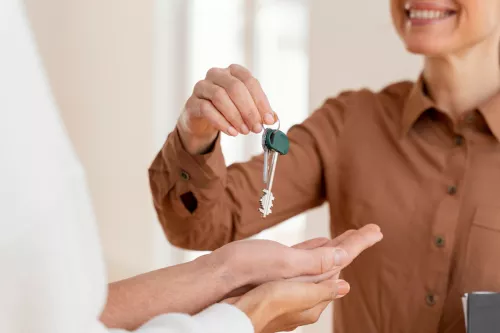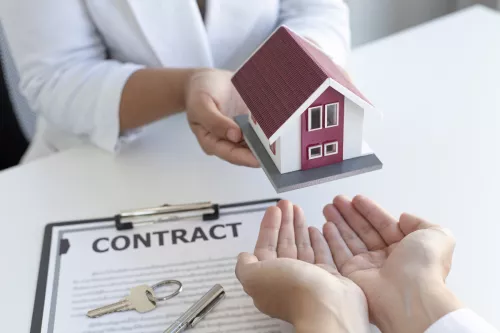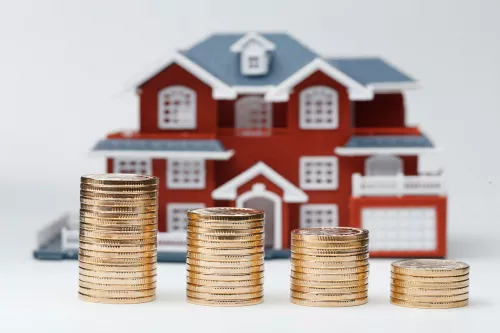Making a passive income with rent really is an appealing idea. I know that not so long ago, the common practice was to sell an existing home before purchasing a new one, and the realm of rental property ownership was largely limited to the elite 1% with the necessary networks.
However, the landscape has shifted in recent times, with an increasing number of homeowners opting to acquire a second property while converting their initial home into a rental, thereby creating an additional source of income and accruing wealth over the long haul.
Investing in real estate by purchasing a second home can be an exciting venture, but it also requires thorough planning and understanding of the market.
Whether you're contemplating buying a second property for vacation, investment, or rental purposes, there are several important steps and considerations to keep in mind. That’s why it is essential to understand the essential aspects of buying a second home, and explore the pros and cons of owning a second property for rental purposes.
How to Buy a Second Home: Key Steps to Know
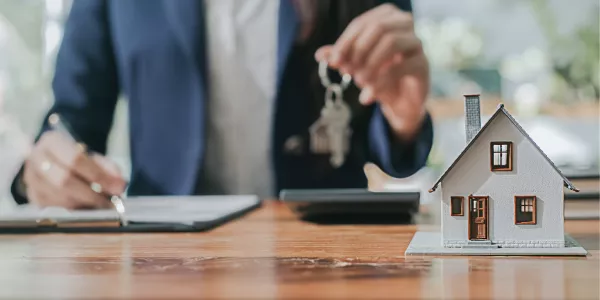
When you're ready for a second home, the process feels a bit different; you're more seasoned now, familiar with the ropes, but you'll face stricter lending criteria and possibly higher down payments.
Lenders often require a down payment, usually around 20% or more, and might impose higher interest rates for second homes, seeing them as riskier investments. Your debt-to-income ratio is scrutinized more closely, and you may need to demonstrate additional financial reserves to assure lenders of your ability to manage two mortgages.
Tax implications for second homes can vary, especially if you're considering renting it out, which introduces another layer of regulations and potential benefits.
Essentially, while the fundamental process of buying a home remains the same, the financial and regulatory landscape for second homes demands more from buyers in terms of upfront capital, financial stability, and regulatory compliance. Read below our step by step on the process of buying a second house to rent:
1. Assess Your Financial Health
Before embarking on purchasing a second home, it's crucial to evaluate your financial situation. This includes reviewing your credit score, existing debt, and the stability of your income. Remember, the requirements for securing a mortgage on a second home are often stricter than for a first home.
2. Understand the Mortgage Landscape
Securing financing for a second home can be different from your first mortgage. Lenders typically require a higher down payment (usually 20% or more) and may charge higher interest rates. It's essential to shop around for the best mortgage terms that fit your financial situation.
3. Consider the Location Wisely
The location of your second home significantly impacts its use and value. Whether you're looking for a vacation getaway or an investment property, research the area's real estate market, local amenities, and future development plans.
4. Factor in Additional Costs
Owning a second home comes with extra expenses, including property taxes, insurance, maintenance, and possibly homeowners association fees. Budget for these ongoing costs to avoid financial strain.
5. Plan for Property Management
If your second home is not within easy reach, consider how you'll manage the property. You might need to hire a property manager, especially if you plan to rent it out.
Is Buying a Second House a Good Investment?
Purchasing a second home can be a lucrative investment, but it's not without risks. The potential for property value appreciation, rental income, and personal enjoyment are significant benefits. However, real estate markets can fluctuate, and properties can depreciate. It's essential to conduct thorough market research and consider long-term trends in the area where you're planning to buy.
Can I Rent Out My Second House?
Absolutely, you can rent out your second home and it can be a great move! Just remember to peek at your mortgage terms first to make sure there's no no-go there. You might also need to switch up your insurance to something more landlord-friendly.
And, don't forget to check out any local rules or HOA guidelines that might have a say in your rental plans. Oh, and tax time might look a little different with rental income in the mix, but there could be some sweet deductions for you too.
If managing a rental sounds like a hassle, especially from afar, think about getting a property manager on board. Renting out your second home can definitely be a smart play with a bit of planning!
What qualifies as a second home?
When it comes to defining a second home, especially if you're thinking about renting it out, the IRS has its own set of rules for tax reasons. To keep your place in the 'second home' category and not tip over into 'investment property' territory, you need to be there personally for at least 14 days a year or 10% of the days you've rented it out, whichever is more.
If you're financing the property, your lender will also have a checklist of criteria you need to meet, and these can differ depending on who you're borrowing from.
Once you've got the green light from the IRS and your lender has given the thumbs up, sticking to those guidelines is key. Changing gears and treating your property more like a rental business could land you in hot water, with the risk of fines or even being flagged for not sticking to the agreed terms of occupancy or your mortgage.
People also ask
Do I need a special type of mortgage to buy a second home?
Yes, mortgages for second homes differ from primary residence mortgages, often requiring a higher down payment and having stricter credit requirements.
Can I use my current home's equity to buy a second home?
Yes, many homeowners leverage the equity in their primary residence through a home equity loan or line of credit to finance the purchase of a second home.
Are there tax benefits to owning a second home?
Yes, there can be tax benefits, such as deducting mortgage interest and property taxes, but the specifics depend on how you use the property and local tax laws.
What should I consider when choosing a location for my second home?
Consider factors like the property's potential for appreciation, rental demand, climate, local amenities, and your personal lifestyle preferences.
Buying a second home is a significant decision that requires careful consideration of your financial situation, the property's location, and your long-term goals.
Whether for personal use, investment, or rental, it's crucial to weigh the pros and cons and prepare for the responsibilities that come with owning a second property. With the right approach and planning, a second home can be a rewarding investment and a source of joy for years to come.
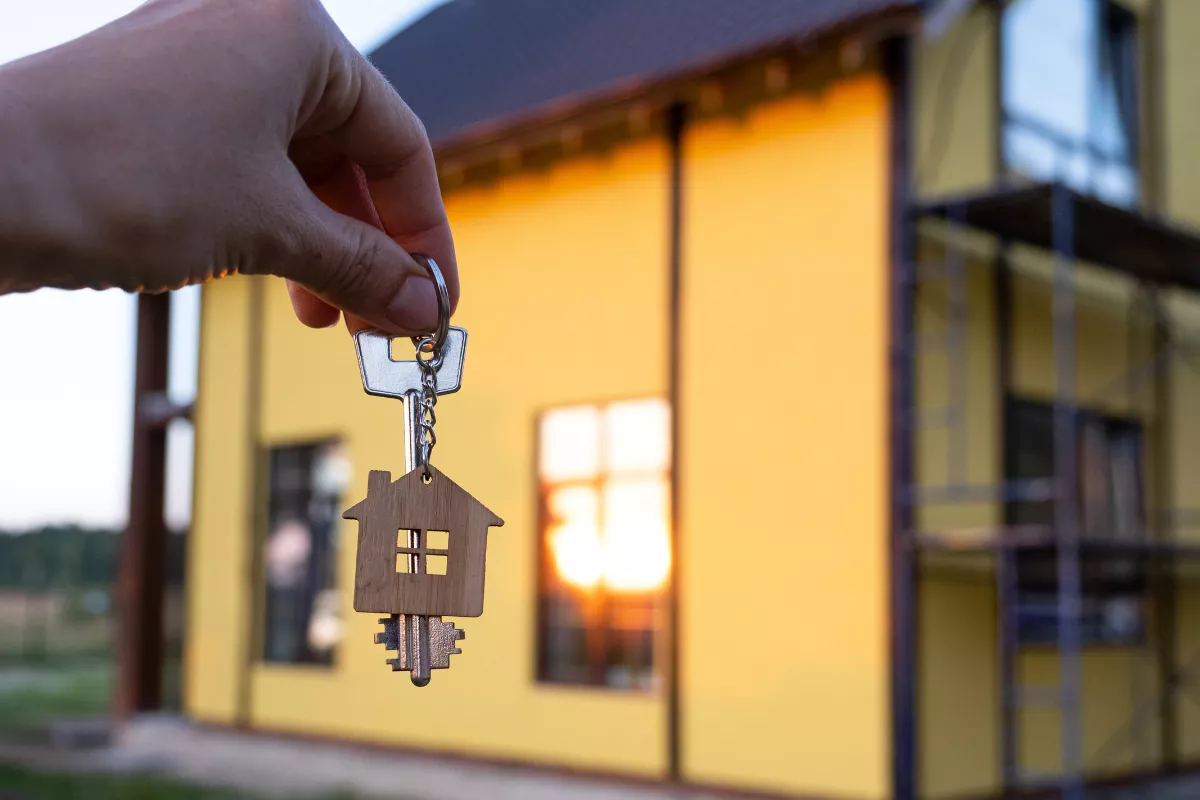
 Marcio Vasconcelos
Marcio Vasconcelos

